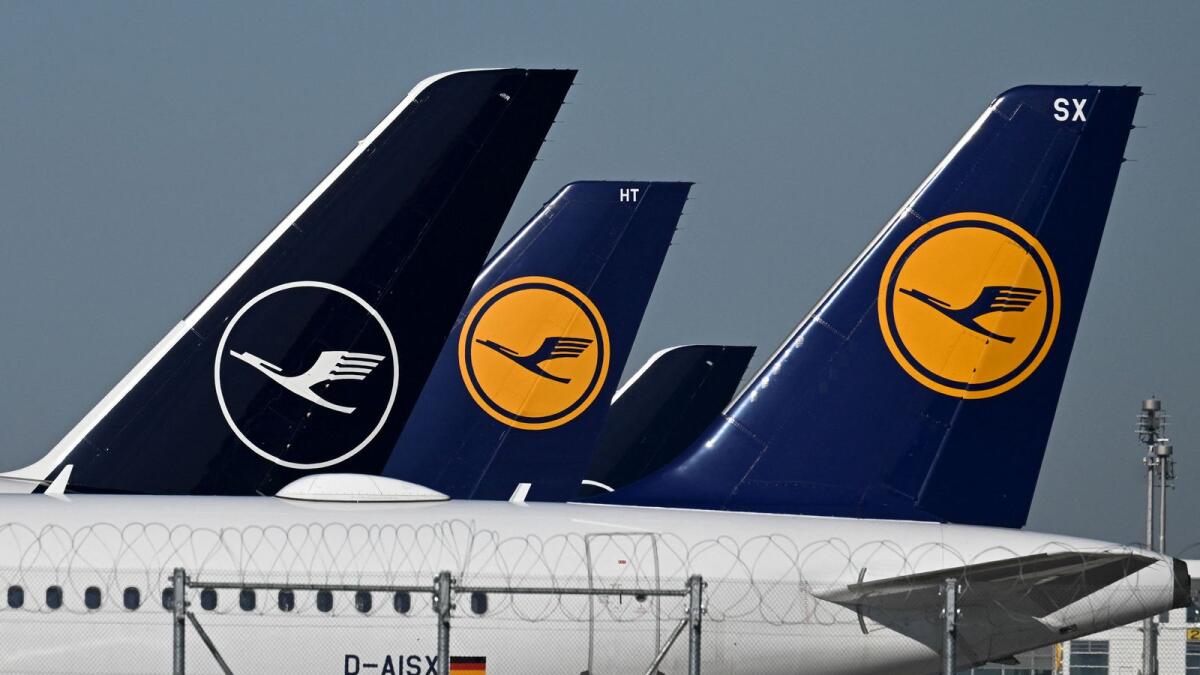Lufthansa, a German airline group, has extended the suspension of flights to Beirut, the capital of Lebanon, until October 15 due to heightened regional tensions. The services to Beirut were previously suspended until the end of September, and the decision to further extend the suspension was made in light of ongoing conflicts in the region. In addition, Lufthansa also resumed flights to Tel Aviv in Israel on September 5, after suspending them for a period of time due to tensions in the area. The German group operates multiple carriers, including SWISS, Austrian Airlines, and Brussels Airlines.
The decision to extend the suspension of flights to Beirut comes as a result of ongoing clashes between Lebanese group Hezbollah and Israeli forces in support of ally Hamas. The conflict escalated after an attack by Hamas on October 7 triggered war in the Gaza Strip. The situation has led to repeated escalations, causing concern for the safety and security of airline operations in the region. Lufthansa’s decision to suspend flights to Beirut reflects the need to prioritize the safety of passengers and employees in light of the current situation.
The extended suspension of flights to Beirut highlights the impact of political tensions and conflicts on international travel. The decision by Lufthansa to suspend services to the Lebanese capital is a precautionary measure to ensure the safety of passengers and crew. The ongoing clashes between Hezbollah and Israeli forces have created a volatile situation, making it necessary for airlines to reevaluate their flight schedules and operations in affected areas. The extension of the suspension until October 15 is a reflection of the uncertainty and instability in the region.
In contrast to the suspension of flights to Beirut, Lufthansa has resumed services to Tel Aviv in Israel, following a period of suspension due to tensions in the area. The decision to resume flights to Tel Aviv signifies a shift in the airline’s operations in response to changing circumstances. As tensions ease in certain areas, airlines are able to recalibrate their flight schedules and return to normal operations. The resumption of flights to Tel Aviv demonstrates Lufthansa’s ability to adapt to changing conditions and maintain flexibility in its operations.
The resumption of flights to Tel Aviv also reflects the importance of the region as a key hub for international travel. Tel Aviv serves as a major destination for business and leisure travelers, and the reopening of flights by Lufthansa signals a renewed interest in connecting with this important market. Despite the challenges presented by political tensions and conflicts in the region, airlines like Lufthansa are committed to maintaining a presence in key markets and serving the needs of passengers. The decision to resume flights to Tel Aviv underscores the airline’s commitment to providing seamless and reliable service to travelers in the region.
Overall, the extension of the suspension of flights to Beirut and the resumption of services to Tel Aviv highlight the complex and dynamic nature of international travel in regions affected by political tensions and conflicts. Airlines must continuously monitor the situation and make decisions based on the safety and security of passengers and crew. The ability to adapt to changing circumstances and maintain flexibility in operations is crucial for airlines operating in volatile regions. As the situation in the Middle East continues to evolve, airlines like Lufthansa will need to remain vigilant and responsive to ensure the safety and well-being of all passengers and employees.











